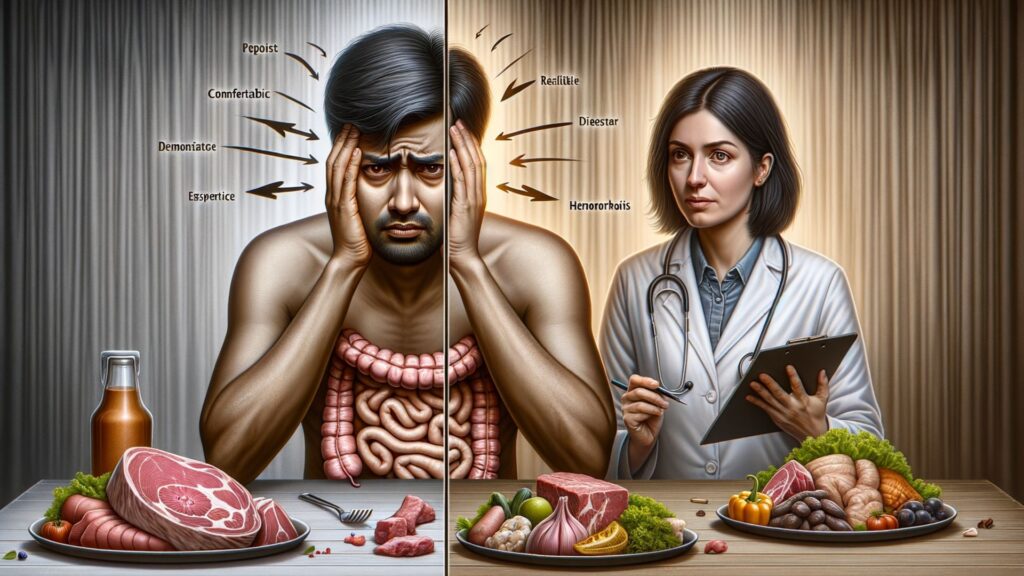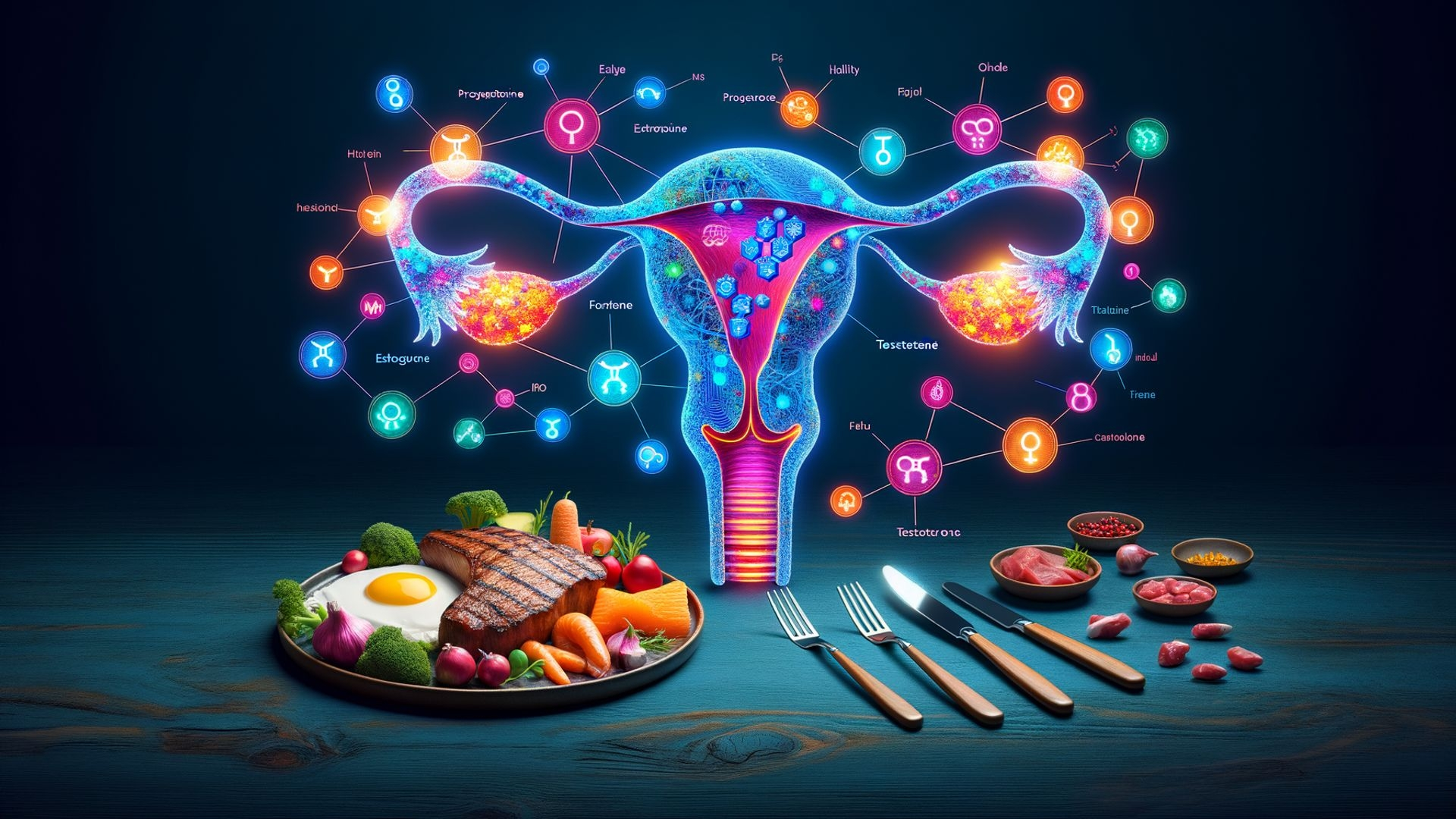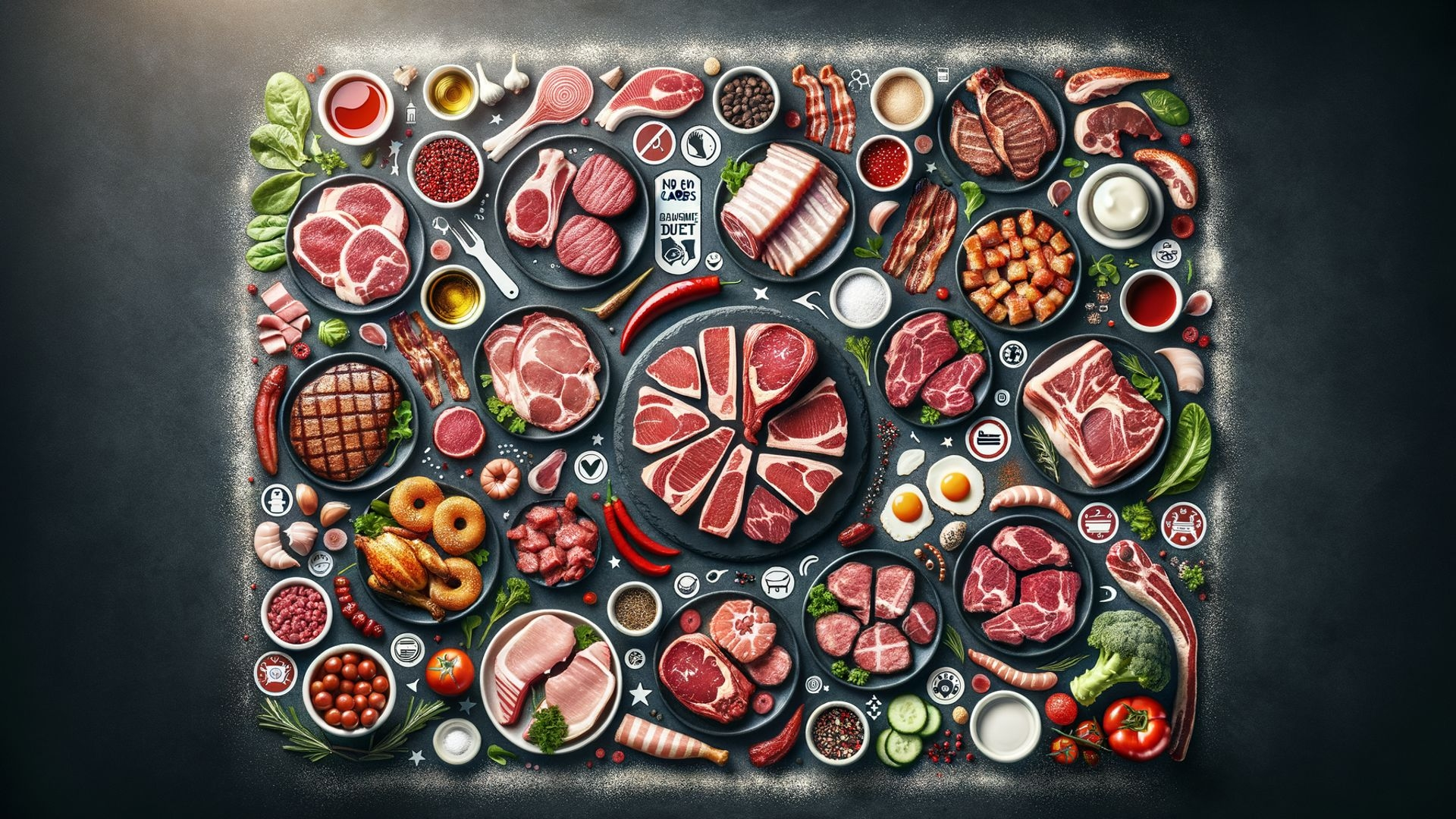Carnivore Diet and Hemorrhoids
In recent years, the carnivore diet has gained popularity as a way of eating that focuses on consuming animal products while excluding plant-based foods. However, for individuals dealing with hemorrhoids, this dietary approach may raise concerns about its impact on digestive health. Understanding how the carnivore diet interacts with hemorrhoids is crucial for those seeking to manage this condition effectively.
Understanding the Connection
Effects of the Carnivore Diet on Hemorrhoids
When following a carnivore diet that primarily consists of meat, individuals may experience changes in their bowel movements. Since meat is low in fiber, this can potentially lead to constipation, a common aggravator of hemorrhoids. The lack of fiber in the diet can result in hard stools that increase the strain on the veins in the anal region, worsening hemorrhoid symptoms.

Role of Fiber in Hemorrhoid Management
Fiber plays a crucial role in maintaining digestive health and preventing constipation. In the context of hemorrhoid management, consuming an adequate amount of fiber helps to promote regular bowel movements, soften stools, and reduce the risk of straining during defecation. Individuals with hemorrhoids may benefit from including fiber-rich foods or supplements in their diet alongside the carnivore approach.
Potential Risks of a Carnivore Diet for Hemorrhoid Patients
While the carnivore diet is often praised for its success stories in weight loss and improved energy levels, its restrictive nature can pose risks for individuals with hemorrhoids. Chronic constipation resulting from a lack of dietary fiber can exacerbate existing hemorrhoid symptoms, leading to discomfort and potential complications such as prolapse. It is essential for hemorrhoid patients to consider the potential drawbacks of adopting a carnivore diet.
Managing Hemorrhoids on a Carnivore Diet
Strategies for Preventing Constipation
To prevent constipation while following a carnivore diet, individuals can incorporate strategies such as drinking enough water to soften stools, promoting regular bowel movements, and reducing the risk of straining. Hydration is key in maintaining proper digestive function and can aid in preventing the development or worsening of hemorrhoids.

Integrating Fiber Alternatives in a Carnivore Diet
While the carnivore diet focuses on meat consumption, there are ways to integrate fiber alternatives to support digestive health. Including fiber supplements or specific animal products that contain some amount of fiber can help individuals maintain bowel regularity and alleviate the symptoms of hemorrhoids.
Keto Adaptation for Hemorrhoid Relief
Considering a keto adaptation within the carnivore diet can be beneficial for individuals with hemorrhoids. The ketogenic approach, which emphasizes low carbohydrate intake and high fat consumption, may help alleviate constipation and promote smoother bowel movements, thereby reducing the strain on hemorrhoids.
Nutritional Considerations
Effect of Protein Intake on Hemorrhoids
Protein intake is an essential aspect of the carnivore diet, but excessive consumption of certain animal products can potentially worsen hemorrhoid symptoms. Moderation in protein intake is advised to avoid digestive issues and maintain a balanced diet that supports overall health and wellbeing.
Choosing the Right Animal Products for Hemorrhoid Wellness
When following a carnivore diet with hemorrhoids, opting for lean cuts of meat and including sources of healthy fats can contribute to digestive comfort. By selecting animal products that are less likely to cause constipation or digestive discomfort, individuals can better manage their hemorrhoid symptoms.
Addressing Digestive Issues on a Carnivore Diet
Individuals on a carnivore diet may encounter digestive issues such as diarrhea due to the significant shift in dietary habits. To address these concerns and ensure digestive health while managing hemorrhoids, it is crucial to monitor dietary changes, stay hydrated, and seek professional advice if severe symptoms persist.
Balancing a Carnivore Diet with Digestive Health
Preventing Diarrhea while on a Carnivore Diet
Diarrhea can occur when transitioning to a carnivore diet or due to specific dietary intolerances. To prevent diarrhea and maintain digestive balance, individuals are advised to introduce new foods gradually, monitor their body’s response, and seek guidance from a healthcare provider to address any persistent issues.
Importance of Hydration for Hemorrhoid Management
Hydration is essential for managing hemorrhoids, especially when following a carnivore diet. Adequate water intake helps soften stools, prevent constipation, and reduce the strain on hemorrhoids during bowel movements. Ensuring proper hydration levels is crucial for supporting digestive health and overall well-being.
Ensuring Adequate Nutrient Intake on an All-Meat Diet
While the carnivore diet emphasizes meat consumption, it is essential for individuals to pay attention to their nutrient intake to avoid deficiencies and support optimal health. Including a variety of animal products rich in essential nutrients can help meet the body’s dietary requirements and prevent nutritional imbalances while managing hemorrhoids.
Consulting a Professional
When to Seek Medical Advice for Hemorrhoid Symptoms
If individuals experience severe hemorrhoid symptoms such as persistent bleeding, pain, or protrusion, it is crucial to seek medical advice promptly. Early intervention and professional guidance can help prevent complications and ensure effective management of hemorrhoids while following a carnivore diet.
The Role of a Nutritionist in Managing Hemorrhoids on a Carnivore Diet
Working with a nutritionist can provide valuable support and guidance for individuals navigating the challenges of managing hemorrhoids on a carnivore diet. A nutritionist can offer personalized dietary recommendations, monitor nutritional needs, and tailor the diet to promote digestive health and alleviate hemorrhoid symptoms.

Customizing your Daily Diet for Hemorrhoid Prevention
Customizing a daily diet plan that aligns with individual health goals and addresses specific concerns such as hemorrhoids is essential for long-term well-being. By incorporating dietary modifications, seeking professional advice, and making informed choices, individuals can better manage their hemorrhoids while enjoying the benefits of a carnivore diet.
Carnivore Diet and Hemorrhoids Frequently Asked Questions:
What is the Carnivore Diet?
The Carnivore Diet is a dietary approach that involves primarily eating meat and animal products while excluding all other foods like fruits, vegetables, and carbohydrates.
Can the Carnivore Diet worsen hemorrhoids?
Adopting the carnivore diet, with its low fiber intake and focus on meat and eggs, can potentially constipate individuals, exacerbating issues like hemorrhoids.
How does the Carnivore Diet affect digestion?
The diet’s emphasis on protein and fat, along with the exclusion of fiber-rich fruits and vegetables, can impact digestion and gastrointestinal health in various ways.
Are there specific foods on the Carnivore Diet that may inflame hemorrhoids?
Some dietary components like processed meats or certain organ meats can potentially inflame blood vessels and aggravate hemorrhoids in susceptible individuals.
Can hemorrhoids be impacted by long-term effects of the Carnivore Diet?
Chronic adherence to a diet lacking in a variety of foods, such as fruits and vegetables, may contribute to ongoing gastrointestinal issues and potentially worsen hemorrhoid conditions in the long run.
Is drinking plenty of water recommended while on the Carnivore Diet?
Increasing water intake, alongside considerations for magnesium and other micronutrients, can help support overall digestive health and potentially alleviate issues like constipation and hemorrhoids.
How should individuals with hemorrhoids adapt their diet when following the Carnivore Diet?
It is essential for individuals with hemorrhoids to prioritize their digestive health by ensuring adequate hydration, monitoring protein intake, and potentially incorporating suitable modifications to minimize discomfort and promote healing.
What are hemorrhoids, and can a carnivore diet cause them?
Hemorrhoids are swollen veins in the lower rectum or anus. While there is no direct evidence that a carnivore diet causes hemorrhoids, the lack of dietary fiber in this diet could lead to constipation and straining during bowel movements, which are risk factors for developing hemorrhoids.
How does fiber intake affect the risk of developing hemorrhoids on a carnivore diet?
Fiber helps to soften stools and promotes regular bowel movements, reducing strain during defecation. A carnivore diet typically lacks fiber, as it consists solely of animal products, potentially increasing the risk of constipation and subsequently hemorrhoids.
Is it possible to alleviate hemorrhoid symptoms while following a carnivore diet?
To alleviate symptoms while on a carnivore diet, one might consider incorporating certain lifestyle changes such as drinking more water to stay hydrated and engaging in regular physical activity to stimulate bowel function. It may also be necessary to reassess dietary choices if symptoms persist.
Are there any known cases or studies linking the carnivore diet directly to an increased incidence of hemorrhoids?
There are no specific studies linking the carnivore diet directly to an increased incidence of hemorrhoids. However, given that low-fiber diets can contribute to constipation and straining, which are known risk factors for hemorrhoids, its plausible that some individuals may experience issues related to this condition when on a very low-fiber regimen like the carnivore diet.
Can dietary supplements help prevent or manage hemorrhoids on a carnivore diet?
Dietary supplements containing fiber might help mitigate the risk of constipation associated with a lack of dietary fiber on a carnivore diet. However, anyone considering supplements should first consult with a healthcare professional since adding high-fiber supplements abruptly can sometimes exacerbate gastrointestinal discomfort.






